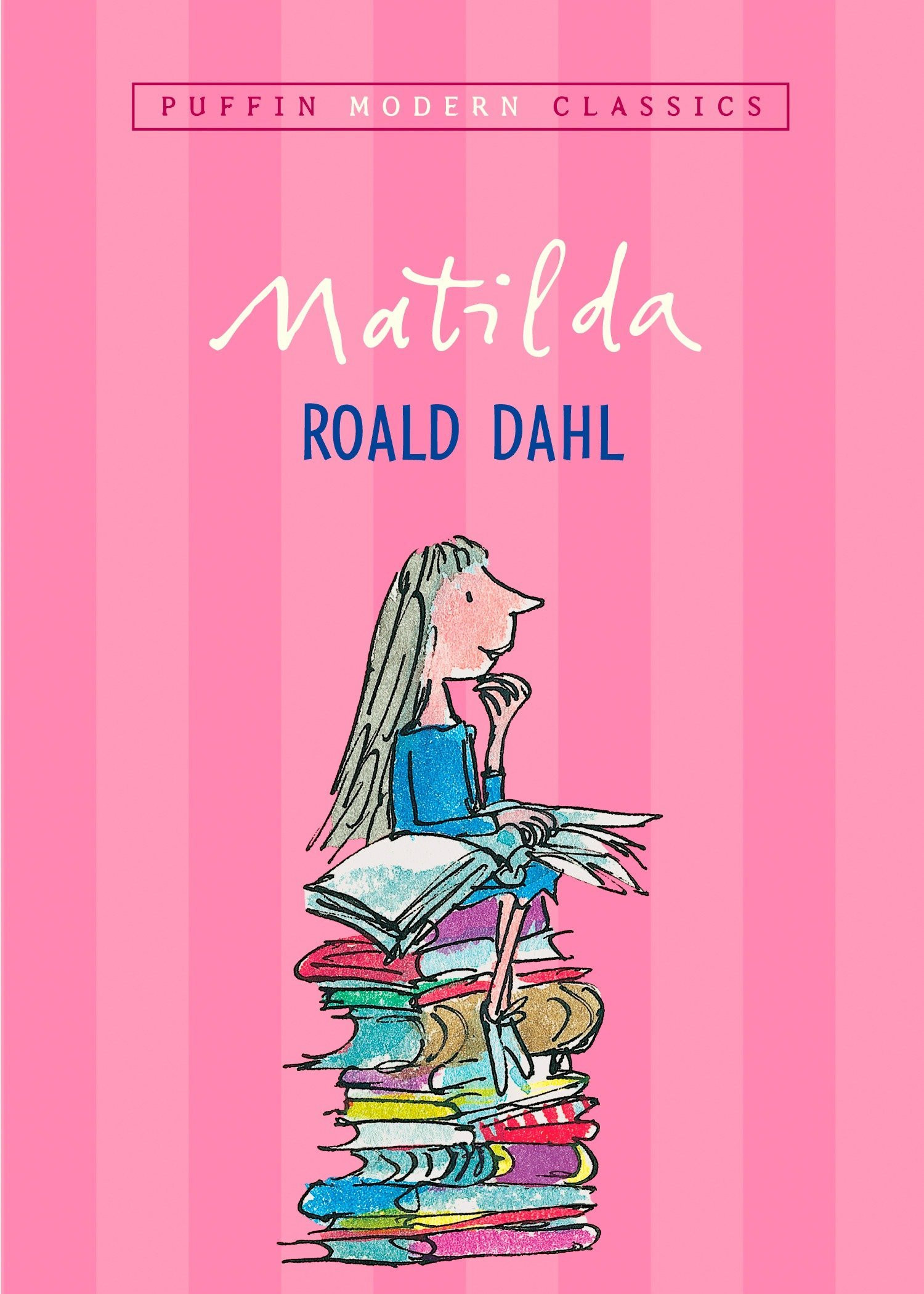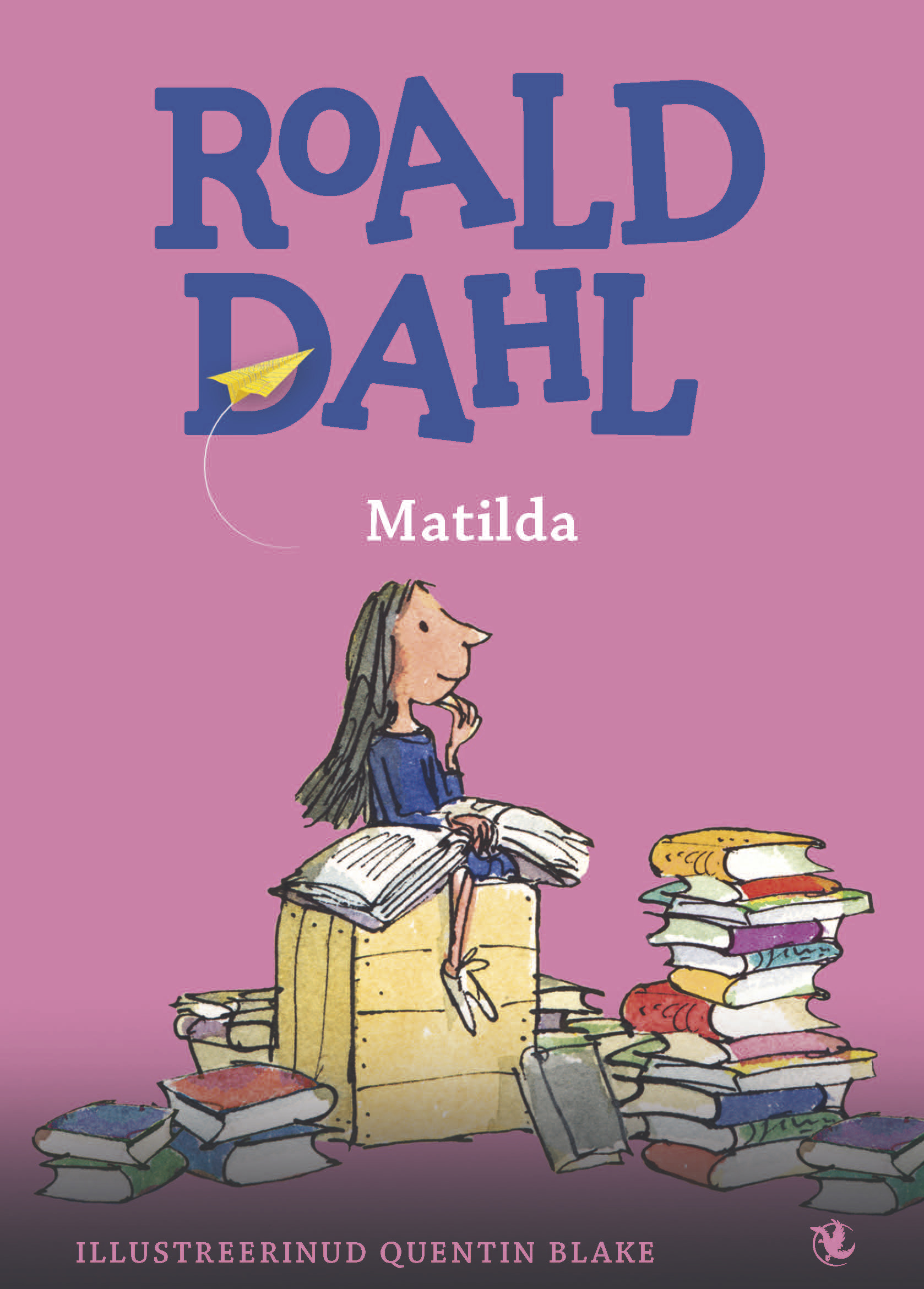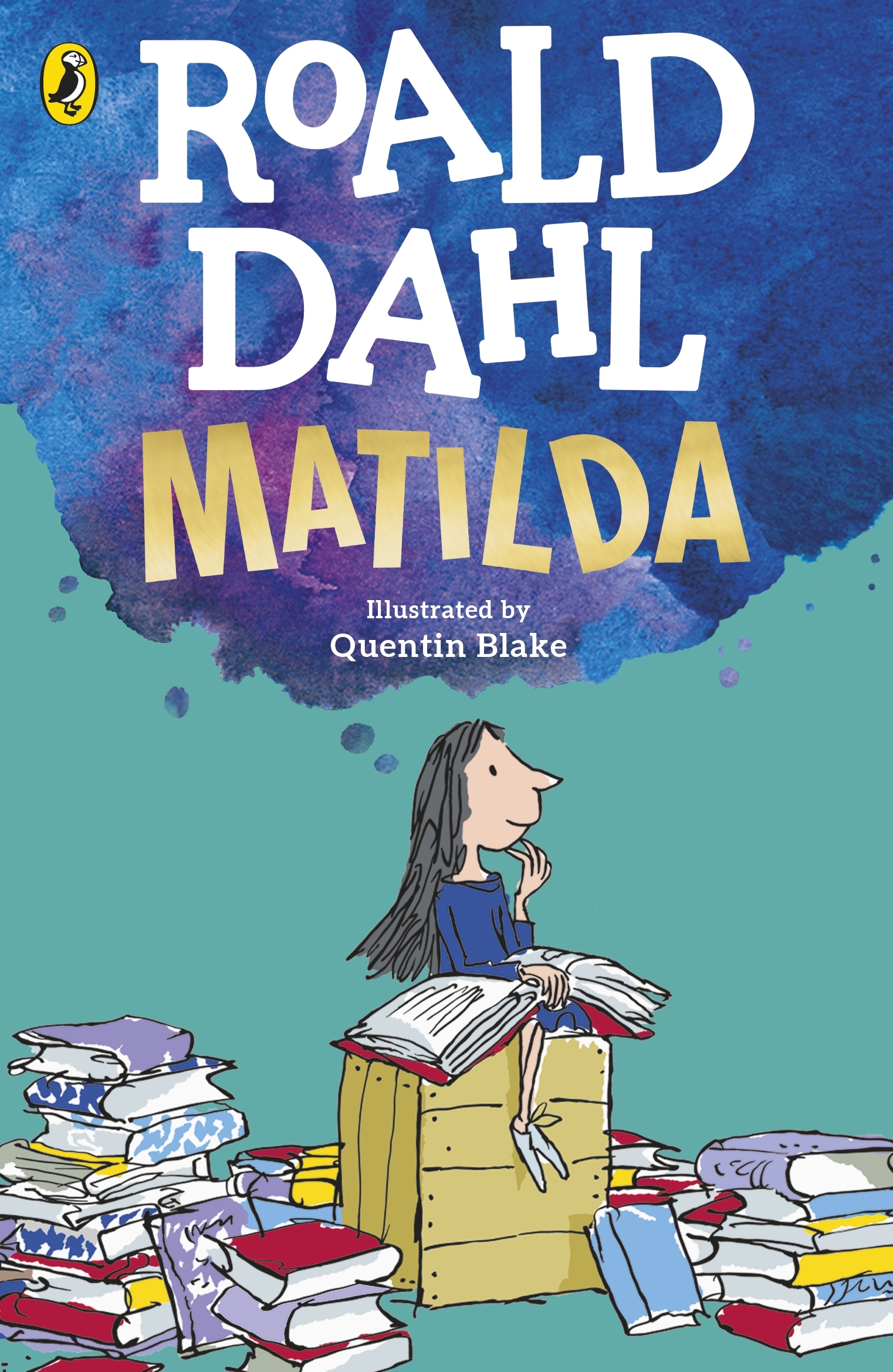

They're left with each other to start a brand new, way more awesome, family: Both Miss Honey and Matilda's old families, such as they were, are gone. The book ends with the Wormwoods driving away, and Matilda and Miss Honey watching them go. Miss Honey loves Matilda and welcomes her with open arms the Wormwoods, who have treated Matilda like a "scab" (1.7) since day one, don't really have any problem with letting her go. So, frantically, she asks first Miss Honey and then her family if she can abandon the Wormwood clan and live with Miss Honey forever. It's no wonder Matilda doesn't want to leave.

Miss Honey lives in this great new house and Matilda visits her every day-and Matilda's in the highest grade at her school, so she's learning cool new things and being challenged all the time. See, things have just started getting good, now that the Trunchbull's gone for good. They have a right to take you with them." (21.61-2) You cannot leave your parents just because you want to. "I only wish you could," Miss Honey said. "I want to live here with you," Matilda cried out. But this potential move, which is sprung on Matilda out of nowhere, horrifies her: He has to get away from the British legal system. They have to move because Matilda's dad is a criminal whose number's coming up.


So, what's going on with this ending? Do you think everything goes down too quickly? Let's take a look.Īt the end of the book, Matilda's family announces they're moving to Spain. The Publishers Weekly review says that "Children will sail happily through the contrived, implausible ending" ( source), while Heide Piehler, writing in the School Library Journal, says that "the conclusion is a bit too rapid young readers won't mind" ( source). In formal reviews of Matilda, like those that appear in Publishers Weekly and the School Library Journal, the book's ending gets the most disses.


 0 kommentar(er)
0 kommentar(er)
